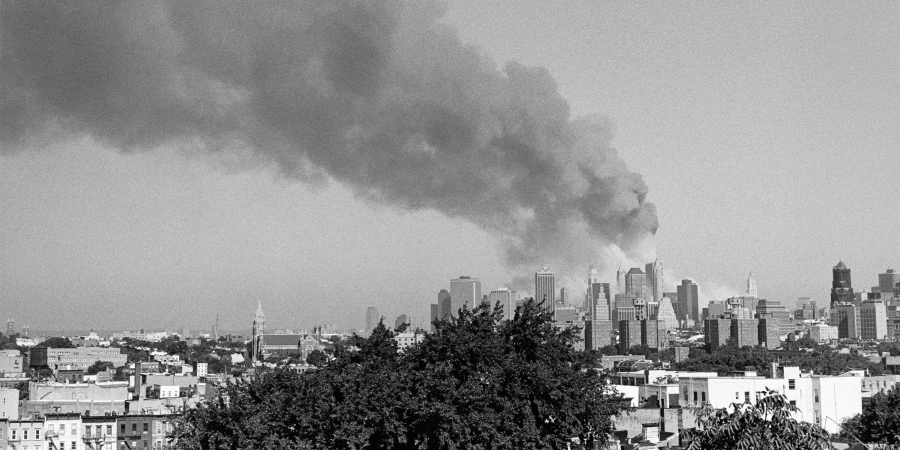

Subcontinent Sizzle: A Scorching New Reality
The summer of 2025 has arrived with a vengeance—and it’s already rewriting the rules of extreme weather. The India–Pakistan region is in the grip of a brutal heat wave, and meteorologists are calling it one of the worst in recorded history. Rajasthan’s Barmer district hit a jaw-dropping 46.4°C (115.5°F) on April 8, and that's just the beginning.
But this isn’t just about sweating through your shirt. This heat wave is a wake-up call.
Health Crisis Incoming: “It’s Like an Oven Outside”
Doctors and emergency workers are sounding the alarm. With daily temperatures soaring 5–8°C above normal, hospitals are already seeing a surge in patients suffering from dehydration, heatstroke, and exhaustion. Vulnerable populations—including the elderly, children, and outdoor workers—are especially at risk.
Governments are urging people to stay indoors, avoid strenuous activity, and drink water constantly. But in a region where not everyone has access to electricity or cooling, that advice may not be enough.

Farms Are Failing – And the Food Crisis Could Be Next
It’s not just people who are suffering—the land is too. Crops in India and Pakistan are wilting before they can be harvested. Farmers report dying livestock, scorched fields, and skyrocketing irrigation demands. For economies already battling inflation and supply chain disruptions, a heat-induced agricultural collapse could be devastating.
Experts warn that a full-blown food crisis could follow if action isn’t taken immediately to support farmers and ensure stable food supplies.
This Is Not a Drill: Climate Scientists Predicted This
Here’s the scary part—scientists have been warning us about this for years. Rising global temperatures are fueling extreme weather events like this one. And it’s only going to get worse. According to climate research, parts of South Asia may reach “wet bulb” temperatures—the point where the human body can no longer cool itself—even in the shade.
If this trajectory continues, entire regions may become uninhabitable for parts of the year by the 2040s or 2050s.

What Can You Do Right Now?
While governments scramble to implement emergency measures, individuals can take steps too:
Avoid direct sunlight between 11am and 4pm
Hydrate frequently, even if you’re not thirsty
Check on elderly neighbors and children
Use cooling methods like wet cloths, fans, or makeshift shade
This isn’t just another hot summer—it’s a climate emergency unfolding in real time.
The Bottom Line
The 2025 India–Pakistan heat wave isn’t just breaking records—it’s breaking systems. Health, agriculture, infrastructure, and human resilience are all being tested. And while it’s too late to prevent this particular event, it’s not too late to act.
This is your warning—and your opportunity to wake up.
